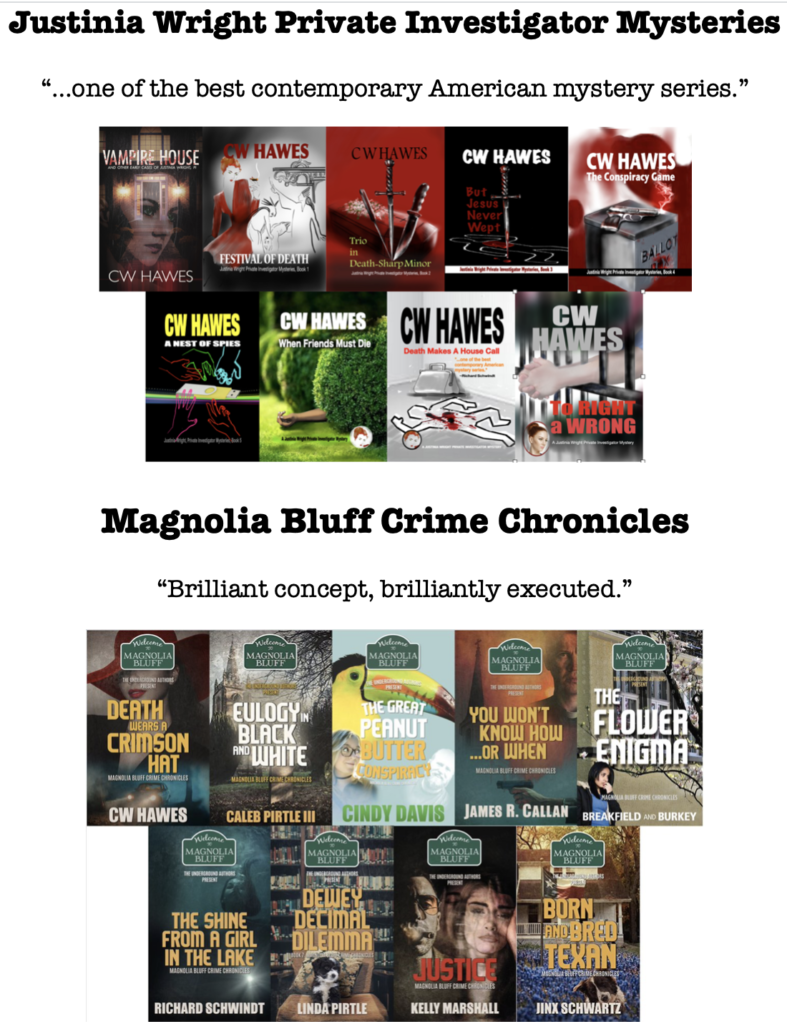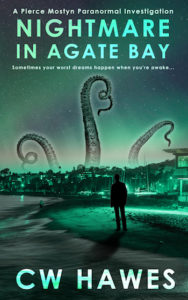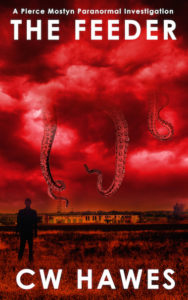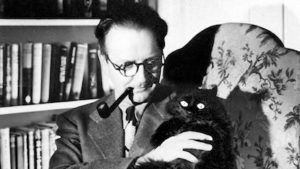In any endeavor, we consciously or unconsciously define what success looks like.
When I was writing poetry, the writing of which is not financially lucrative by any measure, I defined success by such things as name recognition, the ability to get into certain magazines, the ability to write and get published, what was for me, a difficult form to write, and to be considered by my peers as the first amongst equals.
None of those measures of success involved receiving payment for what I’d written. Yet they were all determiners, for me (and most, if not all, of my fellow poets), of being a successful poet.
So how do we define success for ourselves in general and in writing fiction in particular? That question is no different than asking what is the meaning of life?
The answers are personal, and only you can provide the answer for yourself.
Writers, especially fiction writers, seem to think their work only has value if they get paid for it, and such payment that will enable them to quit the day job.
Is money, though, the only measure of fiction writing success? Can we define success some other way?
Of course we can. We can define success anyway we so desire.
Ask yourself this: if I were to never get a dime for any story or novel that I wrote, would I keep on writing? Or ask yourself this: Do I love writing? Or do I love the dream of getting rich from writing?
If most aspiring novelists were honest with themselves, they’d admit that they see writing fiction as being like the gold rush, or the lottery. They just want to get rich in what they think is a very easy way to do so.
What they soon discover is that writing, especially indie writing, is a job — not a get rich quick scheme. Writing is work. Rewarding work, in my opinion. But work, nevertheless. And as with the gold rush and the lottery, the middleman is the one who makes the most coin.
Here’s another question: What do you love to do, even though you get no money for doing it? In fact, you have to pay money to do it. What is that activity? Whatever it is, that’s how you should view writing. You love doing it, even if you have to pay money to get your books into other people’s hands. And in the process, if you’re good enough, or lucky enough, you might make some money at the writing gig.
I’m going to let you in on a secret. Writing fiction — if you want to make serious coin by writing — is a business. And if you aren’t good at business, you won’t be good at making money from your pen.
But if you’re willing to put in the time to educate yourself on the business part of the writing gig, then, like any other self-employed person, you might make a living at writing. Probably won’t get rich, but you might make a decent living. Might. Just keep in mind that most businesses don’t succeed. They fail.
Which brings us back to defining success in writing fiction some other way than monetarily. It might be helpful to see ourselves as entertainers. Entertainers who make people laugh and cry just for the pleasure of giving them a brief respite from their lives.
In the nearly 7 years that I’ve been doing this writing gig, I’ve sold 929 books. It’s not a million, but it is more than none. And to my mind, that is something.
If I add in the 61,291 Kindle Unlimited page reads, and figure them to be equal to at least 300 books, then I’ve had people pay me to read over 1200 copies of my books. Incredible. That is, simply incredible.
I’ve also given away over 3300 books as lead magnets, ARCs, and gifts. Which means even more people have at least one of my books in their hand, and hopefully found the read a pleasurable and entertaining experience.
You see, on July 1st of this year, 2021, I had an epiphany. And it was simply this: focusing on trying to make money was destroying what I love. The pursuit of riches was making me hate writing.
And I truly love writing. I love the very act of holding a pencil or pen in my hand, and putting words on paper. I love the experience of the mystery of the creative process and seeing the results appear on paper. That, in and of itself, defines success for me: getting the story out of my head and onto paper.
Marcus Aurelius, the last of the Five Good Emperors, wrote, Life is opinion; or, Life is what you decide it is. One can define success the same way: success is what you think it is.
If you define success as being the second James Patterson, good luck. You might have a better chance of winning the lottery. Why set yourself up for what is surely to be failure? Then, again, who am I to say you won’t be successful? Because you very well may be.
You see, I’ve never had much interest in being a bestselling author. I simply want to sell books, have people read them, and like them enough to buy more of my books. To me, that is plenty of success. But it might not be for you. On the other hand, I encourage you not to define success in such a way that if you don’t achieve it that lack of achievement destroys your love of writing. Or your love of anything, for that matter.
Nor have I ever had an interest in being an award winning author. That’s just someone’s opinion, and most people’s opinions aren’t worth a tinker’s damn because they are subjective and not based on evidence. Which is certainly true about art, and fiction writing is art. But if awards float your boat, go for them. Just don’t be disappointed if you don’t get one, and quit something you love.
In my own eyes, and I’ve come to realize at the age of 68 years and 9 months that those are the only eyes that matter, I’m a successful writer of fiction.
Have I climbed the highest mountain that’s out there? No, I haven’t. But you don’t have to climb Mount Everest to be a mountain climber.
Comments are always welcome. And until next time, happy reading (and writing)!
Share This!

 CW Hawes is a playwright; award-winning poet; and a fictioneer, with a bestselling novel. He’s also an armchair philosopher, political theorist, social commentator, and traveler. He loves a good cup of tea and agrees that everything’s better with pizza.
CW Hawes is a playwright; award-winning poet; and a fictioneer, with a bestselling novel. He’s also an armchair philosopher, political theorist, social commentator, and traveler. He loves a good cup of tea and agrees that everything’s better with pizza.



